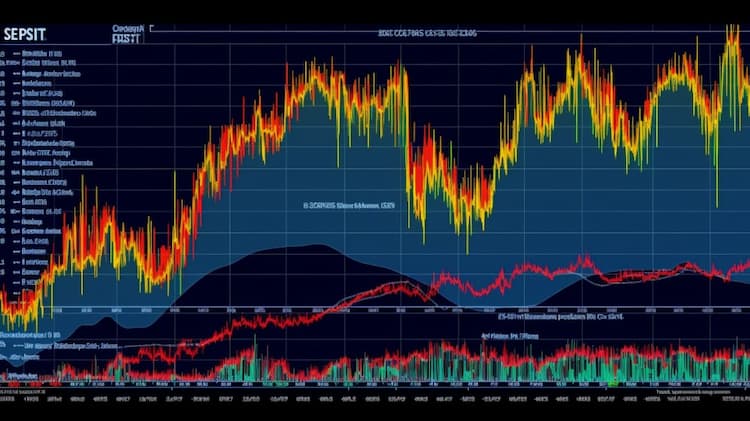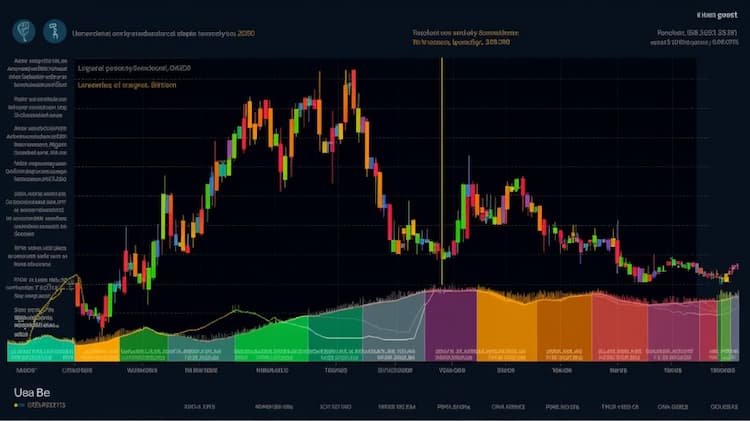
IYF VS FNCL
Exchange-Traded Funds (ETFs) have transformed the way investors approach the financial sector, providing diversified exposure to financial institutions and services. In this article, we will conduct an in-depth comparison between two prominent financial sector ETFs: IYF (iShares U.S. Financials ETF) and FNCL (Fidelity MSCI Financials Index ETF). We will analyze critical aspects, including ETF tickers, full names, issuers, sectors, top holdings, capitalization, strategy, tracking, and exposure.
IYF Vs FNCL: Overview
IYF and FNCL are both ETFs that focus on the financial sector, but they may differ in terms of the specific companies and subsectors they target. IYF aims to track the performance of U.S. financial companies, while FNCL follows a similar strategy with a focus on MSCI's financials index. Understanding these nuances is crucial for investors seeking exposure to this dynamic sector.
IYF Vs FNCL: Sectors and Top Holdings
The IYF ETF offers a comprehensive approach to the financial sector by including banks, insurance companies, real estate firms, and more. Its top holdings may include giants like JPMorgan Chase, Berkshire Hathaway, and Bank of America. On the other hand, FNCL focuses on financial companies within the MSCI financials index, potentially offering a slightly different mix of top holdings. Evaluating the sectors and top holdings of both ETFs can aid investors in aligning their investments with their financial sector preferences.
 IYF overlap IYF VS FNCL
IYF overlap IYF VS FNCL
IYF Vs FNCL: Capitalization and Strategy
IYF boasts a substantial asset under management, reflecting its popularity among investors interested in the financial sector. Its strategy revolves around tracking the performance of established financial companies. FNCL, similarly, aims to provide exposure to the financials sector by following MSCI's index methodology. The differences in capitalization and strategy between IYF and FNCL can impact the potential for returns and risk, prompting investors to make informed decisions.
IYF Vs FNCL: Tracking and Exposure
IYF and FNCL employ different strategies for tracking financial sector performance. IYF typically holds a diversified portfolio of financial companies' stocks, aiming to replicate the overall sector's performance. FNCL, as an index-tracking ETF, seeks to mirror the performance of the MSCI financials index, capturing the movement of the index constituents. Understanding the tracking mechanisms and exposure strategies of these ETFs can aid investors in choosing the one that aligns with their investment objectives.
Conclusion
IYF and FNCL offer distinct opportunities for investors seeking exposure to the financial sector. Whether you're interested in well-established financial giants or a broader representation of the sector, these ETFs provide avenues for diversification and potential growth. For those looking to gain insights into holdings, correlations, overlaps, and more, the ETF Insider app serves as the ultimate tool. Its user-friendly interface offers comprehensive information about these and other financial instruments.
Disclaimer: This article is intended for informational purposes only and does not provide investment advisory services.
Sources:
https://www.nyse.com/index IYF ETF issuer
https://www.nyse.com/quote/ARCX:IYF IYF ETF official page
IYF quote and analysis
Discover the top holdings, correlations, and overlaps of ETFs using our visualization tool.
Our app allows you to build and track your portfolio.
To learn more about the IYF iShares U.S. Financials ETF, access our dedicated page now.
FAQ
Why is IYF better than FNCL?
IYF may be considered better than FNCL for some investors due to its specific focus, offering diversification.
Does FNCL beat IYF?
FNCL's performance relative to IYF will vary over time, depending on market conditions.
Should I invest in IYF or FNCL?
The choice between IYF and FNCL should align with your investment goals, risk tolerance, and desired exposure.
Are IYF and FNCL good investments?
Both IYF and FNCL can be suitable investments depending on individual investment strategies, goals, and risk profiles.
What is the correlation between IYF and FNCL?
The correlation between IYF and FNCL can vary over time, reflecting differences in performance.















